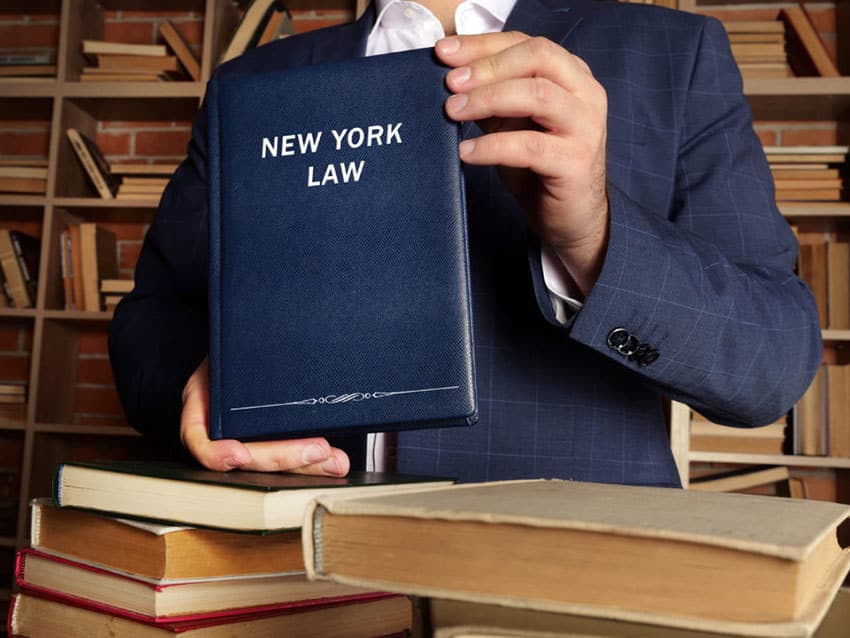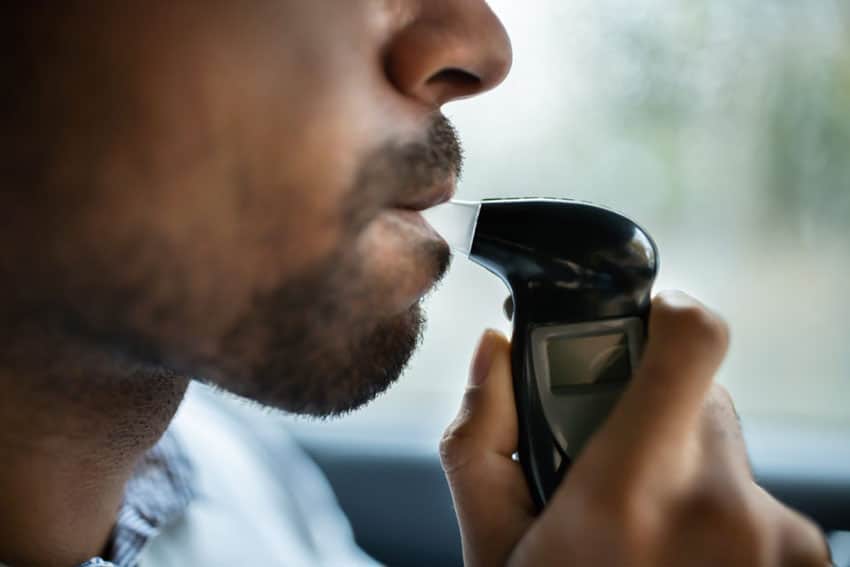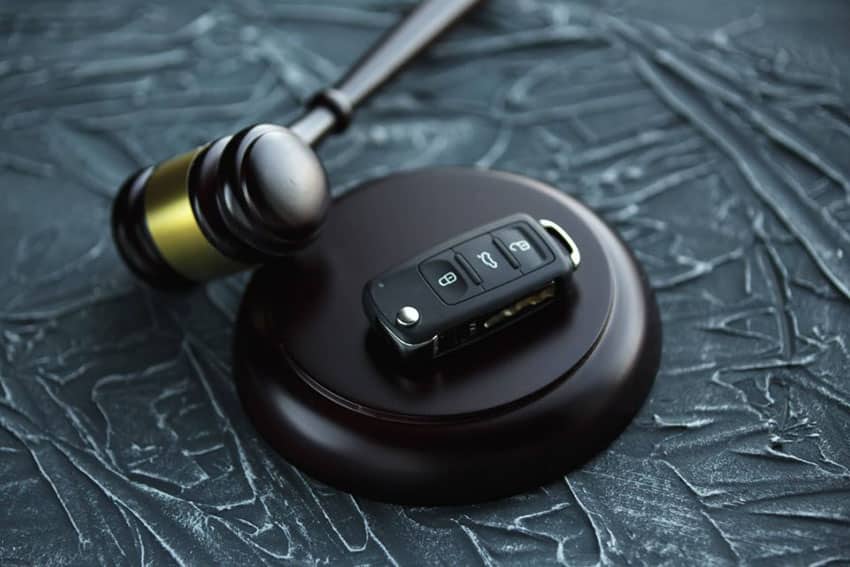Understand DWAI charges in New York – Driving While Ability Impaired
Driving While Ability Impaired (DWAI) is a New York state infraction that occurs when a driver is operating a vehicle while impaired by alcohol or drugs. If you’ve been ticketed, you may need help to navigate these severe charges that put you at risk of suspended license, fines and fees, and even jail time.
What is a DWAI?
DWAI stands for Driving While Ability Impaired. In New York state, there are three different kinds of DWAIs:
- Driving While Ability Impaired by Alcohol
- Driving While Ability Impaired by a Single Drug Other Than Alcohol
- Driving While Ability Impaired by a Combined Influence of Drugs or Alcohol
The New York Department of Motor Vehicles can give you a DWAI/Alcohol charge if you have more than a .05 BAC but less than a .07 BAC, or other evidence of impairment.
In New York, Driving While Ability Impaired (DWAI) is a lesser charge than Driving While Intoxicated (DWI) but still carries legal consequences.
DWAI consequences
The repercussions for your first DWAI depend on the specific infraction:
DWAI/Alcohol
- Mandatory fine: $300 – $500
- Maximum jail term: 15 days
- Mandatory driver’s license action: Suspended for 90 days
DWAI/Drug (illegal or prescription)
- Mandatory fine: $500 – $1,000
- Maximum jail term: 1 year
- Mandatory driver’s license action: Suspended for at least six months
DWAI/Combination
- Mandatory fine: $500 – $1,000
- Maximum jail term: 1 year
- Mandatory driver’s license action: Suspended for at least six months
DWI offenders are required to install an ignition interlock device on their vehicle. An interlock device is essentially a breathalyzer connected to the vehicle engine. In order to start the engine, the driver must use the breathalyzer, and if any alcohol is detected, the engine will not start at all. Every New York driver convicted of a DWI is required to install and use an ignition interlock device for at least one year, plus any other penalty required.
Repeated DWAIs can result in more serious repercussions. For example, if you receive three DWAIs in 10 years, you could be looking at $10,000 in fines and seven years in prison. Each subsequent DWI conviction can increase the potential penalties, and may lead to felony charges.
Learn more about DWAI charges from the New York State Department of Motor Vehicles.
What is the difference between a DWAI, DWI, and DUI?
DUI, DWI, and DWAI are not interchangeable terms. They each have their own qualifications and repercussions.
The state of New York does not use the term DUI. In New York, there are two main drunk driving offenses: DWI and DWAI:
- DWI stands for driving while intoxicated: The driver is legally intoxicated by alcohol, with a blood alcohol content (BAC) of at least 0.08 percent
- DWAI stands for driving while ability impaired: The driver is impaired by drugs (legal or illegal), alcohol, or a combination. There are three types of DWAI in NY
- DWAI/Drugs: Factors that determine impairment include field sobriety, cognitive function, or chemical tests as well as officer observation
- DWAI/Alcohol: Occurs when you have more than a .05 BAC but less than a .07 BAC
- DWAI/Combined Influence of Drugs or Alcohol
In New York, DWAI-Alcohol is considered a violation, however the penalties for a DWAI-Drugs conviction are similar to those for a DWI conviction, which include potential jail time, probation, fines and the mandatory license revocation.
Additionally, DWI offenders are required to install an ignition interlock device on their vehicle. An interlock device is essentially a breathalyzer connected to the vehicle engine. In order to start the engine, the driver must use the breathalyzer, and if any alcohol is detected, the engine will not start at all. Every New York driver convicted of a DWI is required to install and use an ignition interlock device for at least one year, plus any other penalty required.
Each subsequent DWI conviction can increase the potential penalties, and may lead to felony charges.
What to do if you receive a DWAI?
The DWI Team at DWI Law Firm can help you go through every detail of your stop—why they pulled you over, how they tested you, and whether your rights were upheld. If there’s a weakness in their case, we can help you challenge it. If necessary, we’ll negotiate for what’s fair, keeping your license and record in mind.
To get started, call our office in Syracuse, New York at 866-792-7800 or contact us here.
DWAI FAQs
Is DWAI a misdemeanor in New York?
Yes, in New York, a Driving While Ability Impaired (DWAI) offense can be classified as either a violation or a misdemeanor, depending on the circumstances:
- DWAI-Alcohol (BAC between 0.05% and 0.07%): Considered a traffic violation, not a criminal offense
- DWAI-Drugs or DWAI-Combination (alcohol and drugs): Classified as a misdemeanor, which is a criminal offense
A second DWAI-Drugs or DWAI-Combination offense within 10 years can be charged as a felony.
What is a DWAI in New York?
In New York, Driving While Ability Impaired (DWAI) is a lesser charge than Driving While Intoxicated (DWI) but still carries legal consequences.
What does DWAI stand for?
DWAI stands for Driving While Ability Impaired. It is a charge in New York for operating a vehicle while impaired by alcohol, drugs, or a combination of both.
What qualifies as “driving while impaired” in New York?
Key factors that determine “impairment” include:
- Field sobriety tests: Balance, coordination, and cognitive function tests
- Chemical tests: Breath, blood, or urine tests for alcohol or drugs
- Officer observations: Slurred speech, glassy eyes, erratic driving, or odor of alcohol/drugs
DWI Law Firm can help you go over the details of charges for you or a loved one. To get started, call our office in Syracuse, New York at 866-792-7800 or contact us here.
The attorneys at the law firm of DWI Team Defense Attorneys are experienced in handling DWI cases. If you need a DWI lawyer who can help you obtain the best possible outcome in your DWI case, call the law firm of DWI Team Defense Attorneys.
The exclusive purpose of this article is educational and it is not intended as either legal advice or a general solution to any specific legal problem. Corporate offices for DWI Team Defense Attorneys are located at 432 N. Franklin Street, Suite 80, Syracuse, NY 13204; Telephone No.: 1-866-792-7800. Prior results do not guarantee a similar outcome. Attorney Advertising.








